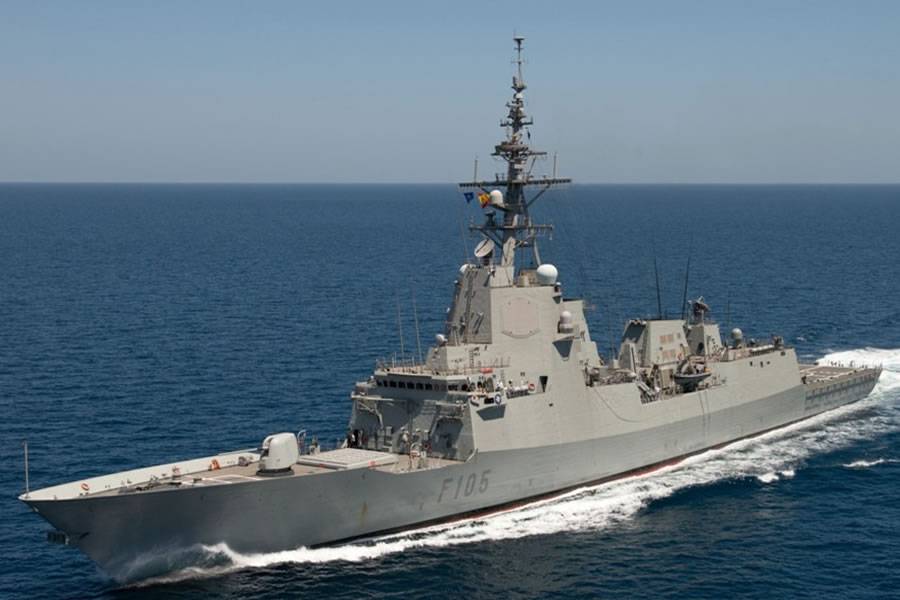BIOECOMAC wants next week’s navy manoeuvres in the Canaries cancelled
- 13-05-2023
- National
- Canarian Weekly
The BIOECOMAC Research Group of the University of La Laguna (ULL) has asked the Ministry of the Environment and the Canary Islands Government to cancel the “Atlante 23" naval manoeuvres scheduled for next week in waters south of the Canary Islands, as they will encroach on an exclusion zone that cetaceans and sea turtles inhabit.
Naval warships will be in Canary Islands waters from May 16th to 19th next week, carrying out an air-to-air and air-to-surface firing campaign, using Harpoon and Harm missiles, which can be harmful to these creatures.
Scientists remind that the Canary Islands have the most biodiversity of species of sharks, cetaceans, and sea turtles in Spain and as regards the latter two, they are species protected by European and national laws. Specifically, the EU considers the loggerhead turtle ‘Caretta caretta’ and the green turtle ‘Chelonia mydas’ to be in a critical situation in the Canary Islands.
As for cetaceans, the presence of beaked whales stands out, which are deep-diving cetaceans famous for their high sensitivity to naval sonars, for detecting submarines, and to underwater explosions.
Because of this, the Ministry of Defence declared a moratorium in 2007 on these activities within a radius of 50 nautical miles (91.2km) from the Canary Islands, after evidence of year-round populations of beaked whales by El Hierro, La Gomera, Tenerife, La Palma, Fuerteventura, and Lanzarote.
The coordinates provided for next week’s manoeuvres fall within an area whose closest point to the islands is located 35 kilometres from La Gomera and 40 kilometres from El Hierro and Tenerife, thus failing to comply with the provisions of the Official State Gazette (BOE) that decreed the boundaries of the moratorium.
The carrying out of naval manoeuvres that include underwater explosions, such as those of air-to-surface missiles or others, as well as submarine detection sonars, should not be carried out at less than a distance of 100 nautical miles from the Canary Islands (182km), warn the scientists.
"It would be advisable not to carry out live firing exercises in the Canary Islands Marine Demarcation Zone", concludes the letter addressed to the central and regional administrations.
Other articles that may interest you...
Trending
Most Read Articles
Featured Videos
TributoFest: Michael Buble promo 14.02.2026
- 30-01-2026
TEAs 2025 Highlights
- 17-11-2025



























































